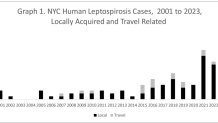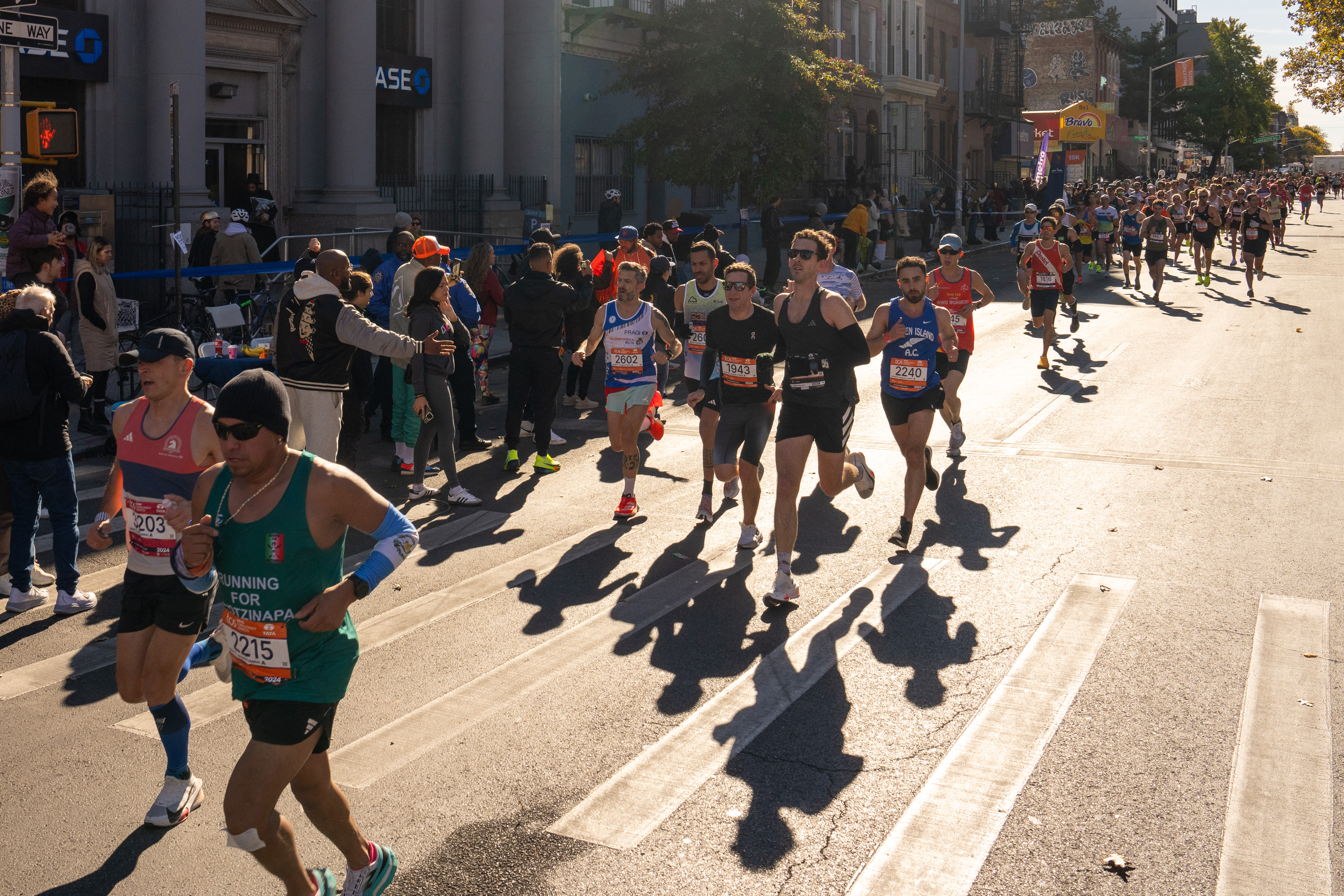What to Know
- Human leptospirosis infections in NYC are largely associated with exposure to environments and materials contaminated with rat urine.
- Six cases have been reported so far in 2024, compared with 24 for all of last year; the 2023 total was the highest ever recorded in a year by city health officials
- In NYC, locally acquired cases typically have a history of a residential or occupational exposure to rat urine or environments or contaminated materials
The New York City Department of Health is urging providers to be aware of a continued uptick in a potentially deadly rat-transmitted bacterial illness that can infect both humans and pets.
Cases of human leptospirosis remain limited -- there have been six cases reported to date in the city this year -- but are trending upward. Twenty-four cases were reported to New York City in 2023, the highest annual total yet, officials say.
Infections in the city are largely associated with exposure to environments and materials contaminated with rat urine, including soil, water and trash bags or bags containing food waste.
Symptoms range from fever to headache, chills, muscle aches, vomiting, diarrhea, cough, jaundice and rash. The incubation period is usually 5 to 14 days, with a range of 2 to 30 days. If not treated, kidney failure, meningitis, liver damage and respiratory distress can occur. Leptospirosis is treated with antibiotics, like penicillin and doxycycline.
Over the last 22 years, just 98 locally acquired cases have been reported. Clinically, cases presented with acute renal and hepatic failure, and occasionally severe pulmonary involvement. Six of those 98 patients died. Across the board, the median case age was 50, usually male (94%) and reported most often from the Bronx (37), followed by Manhattan (28), Brooklyn (19), Queens (10) and Staten Island (4). Person-to-person transmission is rare.
Get Tri-state area news delivered to your inbox. Sign up for NBC New York's News Headlines newsletter.

Leptospira bacteria can die within minutes in dry heat or freezing temperatures, limiting their survival in the city's cold winters. Excessive rain (we just had a fourth-wettest March on record) and unseasonable warmth, factors associated with climate change, may support the persistence of the bacteria.
Local
Last year, half of the locally acquired cases were reported in the months of June and October, months that were warmer and wetter with heavy rain and unseasonably warm days compared with prior years, health officials said.
Leptospirosis can also be a life-threatening disease in canines. Dog to human transmission is rare. In early 2022, the suspected leptospirosis-related deaths of four dogs prompted an investigation and closure of a popular Brooklyn dog park.
Diagnostic testing is available and includes PCR on blood, urine and serologic testing. A blood test would detect the disease the fastest. Cases are required to be reported to the city health department within 24 hours.
New York lawmakers are proposing rules to humanely drive down the population of rats and other rodents. They are eyeing rat birth control and a ban on glue traps as alternatives to poison or a slow, brutal death. A new rule recently went into effect requiring all businesses to use lidded trash bins or face fines.



